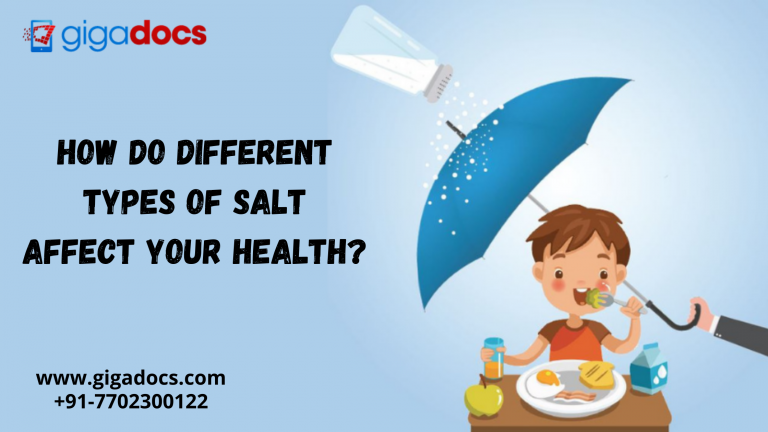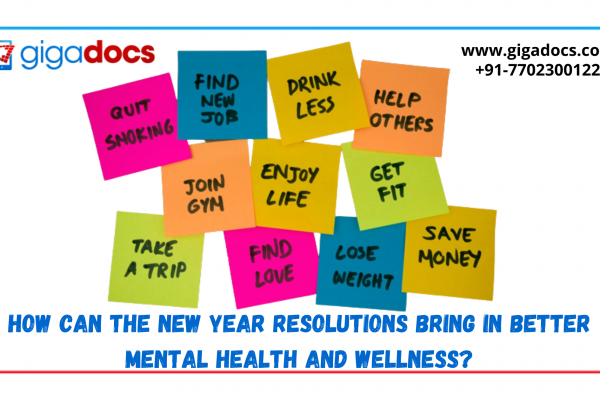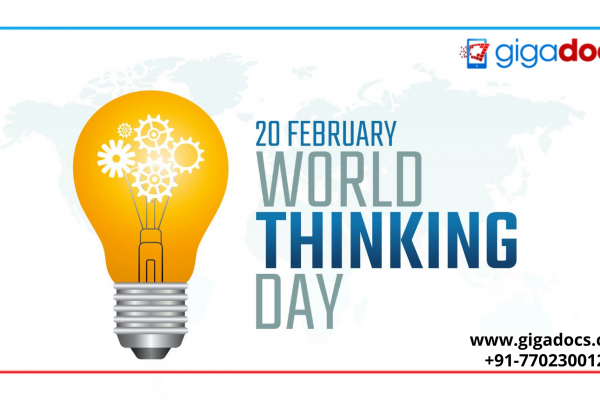The most significant source of sodium in your diet is salt. Sodium is an important component of our diet. We cannot imagine our food without salt. Salt flavors our food and is an excellent binder and food preservative. Bacteria cannot thrive in a high concentration of salt, which explains long preserve food like pickles have high salt content! We need salt (a small amount, though- about 500 mg per day!) to relax our muscles maintain water and mineral balance. However, a word of caution, having too much salt can leave you fighting hypertension, stroke, and heart disease in addition to muscle pull-ups and bone density loss.
Trivia:
On average, most of us take about 1.5 teaspoons of salt daily, which means 3400 mg sodium, a number more than what we require!
Different Salt Types
How do we get salt? For a start, it is sodium chloride, the residue left after evaporating seawater or what you extract from salt mines. The type of nutrients absorbed from the salt varies slightly. Less processed salt indeed brings traces of minerals; however, the amount is not sufficient to offer substantial nutritional benefits.
Many types of salt are chosen primarily for their flavor; The most commonly used type of salt is the table salt which is extracted from underground salt deposits. Although it’s heavily processed to remove impurities, the process could mean the removal of trace minerals. In contrast, Kosher salt is a coarse salt whose name comes from traditional Kosher food preparation.
When we speak of Himalayan Sea salt, it is less processed and refined, leaving it with large crystals. However, Pink salt is healthier than table salt; it contains minerals like potassium, magnesium, calcium, and iron.
Negative consequences of more/ less Salt in the food
Have you ever heard of Hypernatremia or Hyponatremia? No?
It’s the excess/deficiency of salt in our body than what is required. At the same time, Hypernatremia can occur in the elderly whose immunity is slowly going down, mentally or physically impaired, those who don’t eat as per their daily food requirements, or are sick from dehydration, vomiting, or have a high fever.
Excessive sweating or diuretic medications that dehydrate the body cause sodium to build up in the blood. To dilute it, water is transferred from cells to the blood. This fluid shift and fluid buildup in the brain can result in seizures, coma, or even death. Extra fluid in the lungs can make breathing difficult. Other symptoms include kidney damage, confusion, loss of appetite, vomiting, nausea, vomiting, and intense thirst.
Salt influences blood pressure through several complex pathways that impact your body’s hormonal, inflammatory, immune, and digestive systems. Excessive salt consumption may also suppress the renin-angiotensin system, controlling blood pressure and sodium levels. Did you know; that excess sodium consumption is a worldwide issue. It’s a risk factor for hypertension, also known as high blood pressure, for example. Hypertension raises your chances of developing heart failure, a condition in which your heart cannot adequately pump blood throughout your body.
Consequences of a Low Salt Diet
While too much salt can be harmful, too little salt can also be dangerous.
According to some evidence, a low salt diet can result in low blood pressure, dehydration, low sodium levels, and elevated blood fat levels. A low-salt diet can lead to hyponatremia, a condition in which your blood sodium levels are lower than normal. Hyponatremia can cause GI symptoms such as appetite loss, vomiting, nausea, dizziness nausea, fainting, blurred vision, depression, dehydration, and severe neurological problems such as impaired mental status.
World Salt Awareness Week
March 14 to March 20 is the World Salt Awareness Week. It aims to raise awareness about the harmful practice of massive salt consumption worldwide and achieve the primary mission of gradually decreasing salt intake and improving the overall health of the world’s population.
Teleconsultation with Gigadocs for Hyponatremia and Hypernatremia
Thanks to teleconsultation services, you can always have a doctor by your side. Video consultations with experienced practitioners are available at a time convenient to you from the privacy and safety of your home environment.
Teleconsultations with Gigadocs are part of your healthcare pathway, allowing you to consult with specialists at any time, without any waiting period. You will receive information on the seriousness of your illness or condition. Experienced doctors will help you get a second medical opinion with a more detailed explanation of a diagnosis provided by your primary care physician. Additionally, you will receive regular medical follow-ups.
To assist you in the best way possible, download the Gigadocs App from:
- IOS App – apple.co/2W2iG4V
- Android App – bit.ly/33AQoRC
To know more and schedule a Virtual Consultation demo, Email @ info@gigadocs.com




